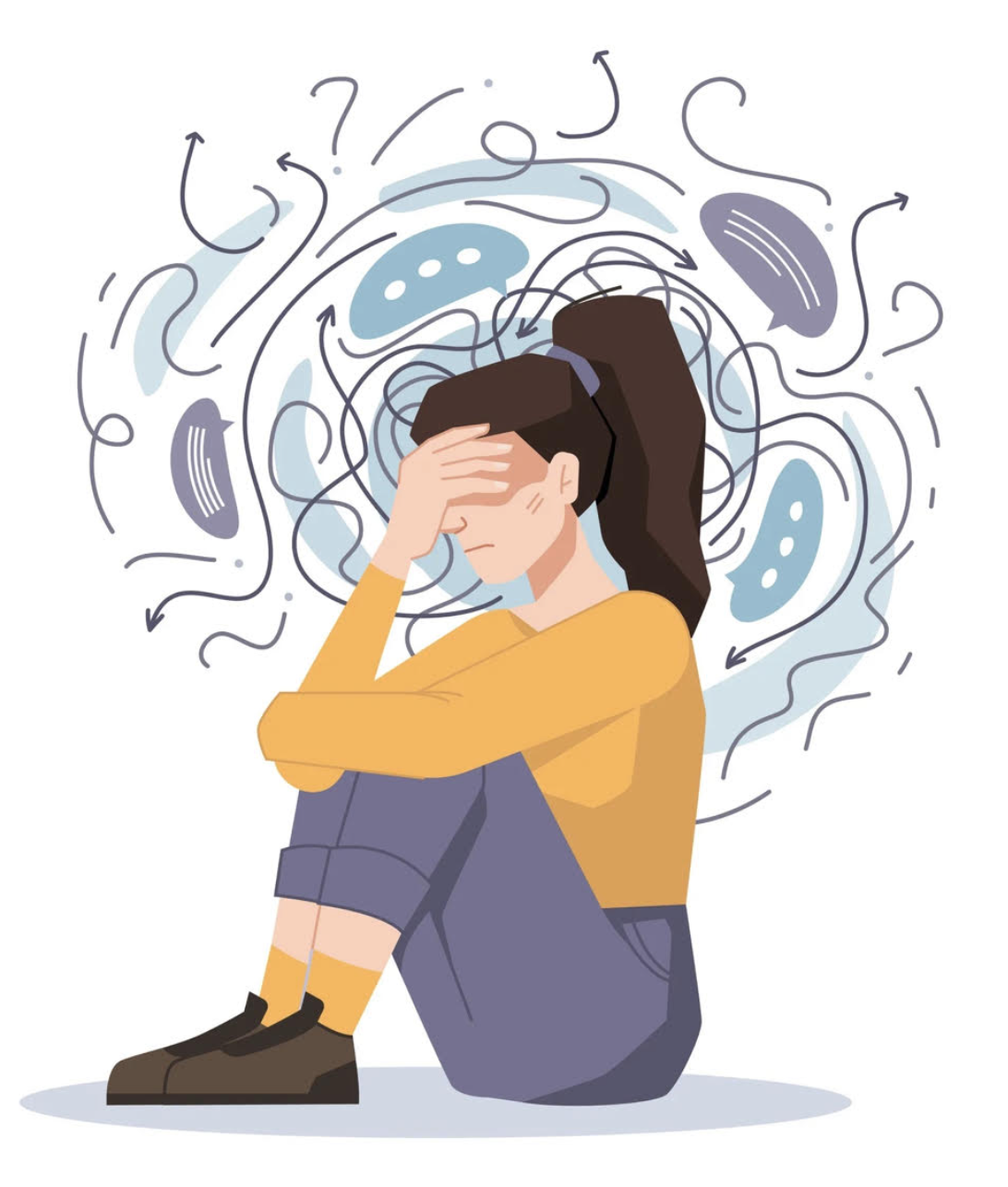Obsessive Compulsive Disorder (OCD)
Obsessive Compulsive Disorder (OCD)
Obsessive-compulsive disorder, most commonly known as OCD, is a mental health disorder that consists of unwanted intrusive thoughts and fears, known as obsessions, followed by repetitive acts known as compulsions (MayoClinic, 2020). Individuals struggling with OCD experience significant distress in their day to day life due to the impact that the obsessions and compulsions have. Many individuals attempt to ignore the anxiety ridden obsessions, however very soon realise that it only increases their stress levels. Ultimately, individuals engage in compulsive behaviours in order to reduce the anxiety levels they are experiencing with their obsessions (mayoclinic, 2020).
There are various subcategories of OCD which vary from person to person. They include, but are not limited to the following:
Contamination obsessions followed by cleaning compulsions
Harm obsessions followed by cleaning compulsions
Obsessions without compulsions
Symmetry obsessions followed by organising or ordering compulsions
Hoarding obsessions without compulsions
Relationship obsessions followed up compulsive thoughts related to romantic relationships
“Just right” OCD obsessions followed by compulsions to make things feel “right”, such as counting, lining things up, or tapping
False memory OCD or doubting obsessions, followed by replying scenarios in their head multiple times
(Kelly, 2022)
OCD can affect all people, of all ages. This mental health disorder impacts one's quality of life if they get caught in a repetitive cycle of unwanted intrusive obsessions and thoughts, and compulsions. In many cases, the cycle of obsessions and compulsions can consume a large quantity of time in an individual's day to day life (iocdf, ND). By not engaging in their compulsions, individuals can experience high levels of stress and anxiety that drives them to accomplish the compulsion and receive short lived relief.
Although there is no official cure for OCD, there are many treatment options that can assist individuals in learning to live with and manage their OCD symptoms. One of the most common and well known forms of treatment is psychotherapy. There are various modalities that can support and treat OCD (Fields, 2020). The most common known ones are Cognitive Behavioural Therapy (CBT) and Exposure and Response Prevention therapy (ERP). With psychotherapy, individuals are able to work with their therapist to identify and change thinking patterns (Fields, 2020). EFT involves putting individuals in situations where the anxiety heightens, and the individual is tempted but unable to engage in compulsions. With continuous exposure, monitored by the psychotherapist, you are able to lessen and stop your OCD thoughts and actions. Charlie and Joel would be a good fit for anyone looking to seek support.
If you feel that you or a loved one can benefit from OCD psychotherapy, please feel free to give our clinic a call and we would be more than happy to schedule you with a therapist able to attend to your struggles. For more information please do not hesitate to call, Vaughan Counselling and Psychotherapy Inc. at 647-267-9853.
References
Fields, L. (2020). OCD: Types, symptoms, causes, diagnosis, treatment, and related
conditions. WebMD. Retrieved from
https://www.webmd.com/mental-health/obsessive-compulsive-disorder
IOCDF. (n.d.). What is OCD? International OCD Foundation. Retrieved from
https://iocdf.org/about-ocd/
Kelly, O. (2022, August 15). The 5 types of obsessive-compulsive disorder. OCD
Subtypes: Types of Obsessive-Compulsive Disorder. Retrieved August 30,
2022, from https://www.verywellmind.com/what-are-the-different-types-of-ocd-2510663
Mayo Clinic Staff. (2020, March 11). Obsessive-compulsive disorder (OCD). Mayo
Clinic. Retrieved from
https://www.mayoclinic.org/diseases-conditions/obsessive-compulsive-disorder/symptoms-causes/syc-20354432

